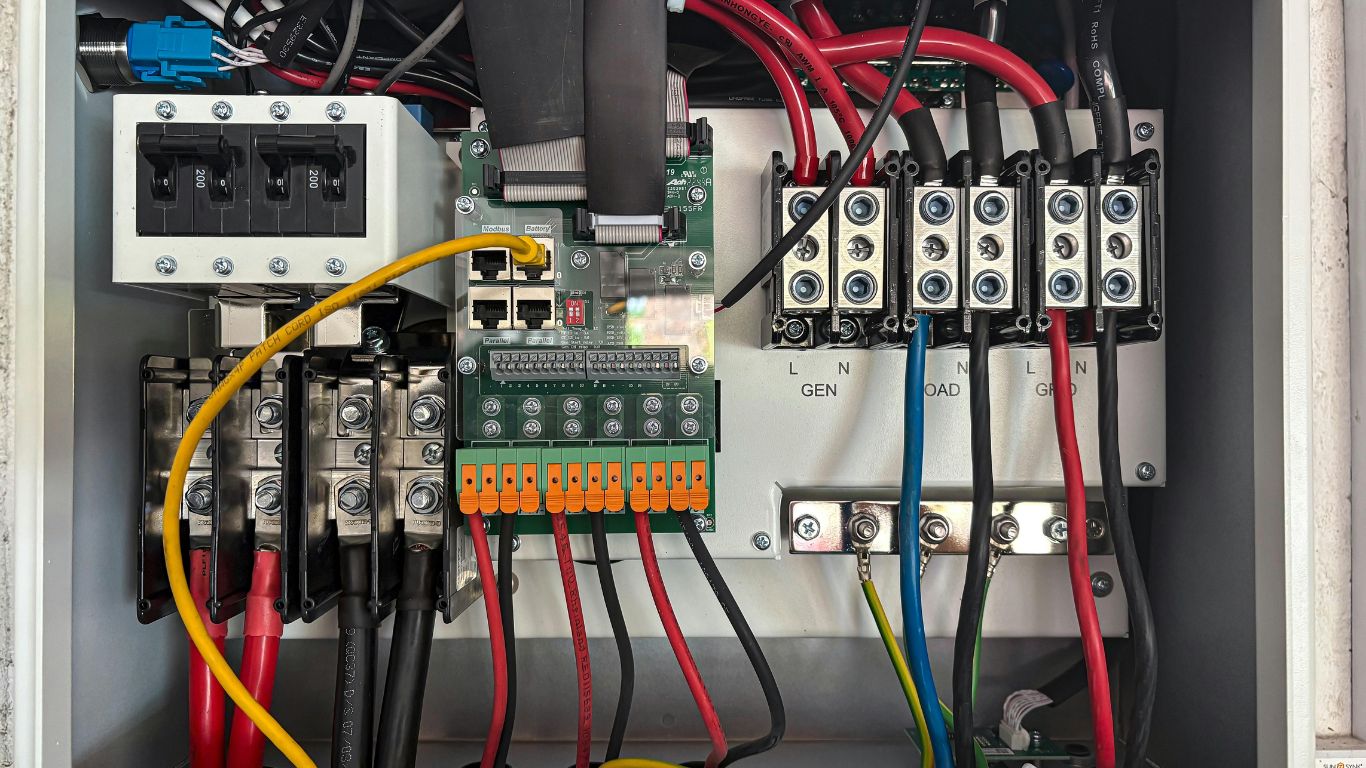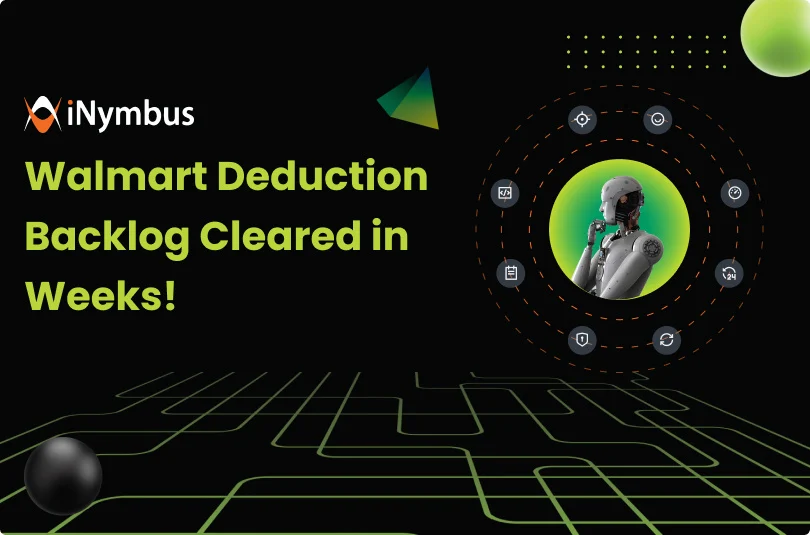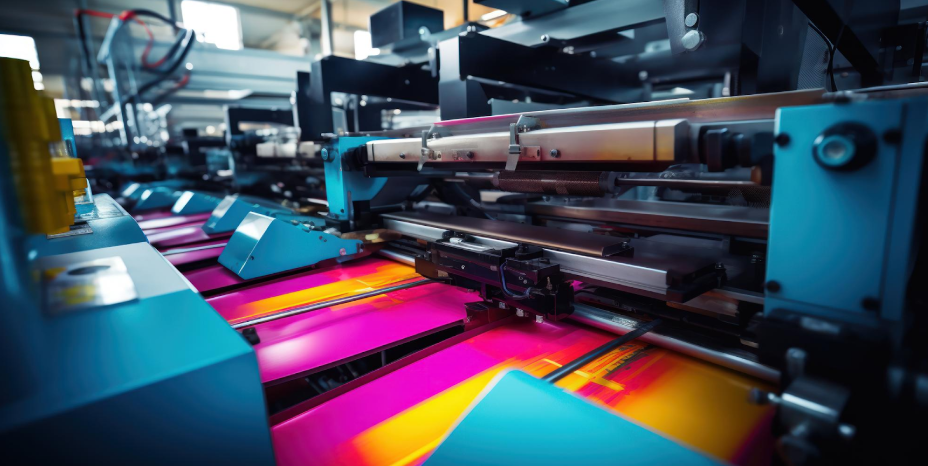Embarking on an off-grid adventure requires careful planning and preparation, and one of the most crucial components of that preparation is choosing the correct deep-cycle battery. A 100 amp hour deep cycle battery is a staple for many off-grid systems, providing reliable power for lights, appliances, and other essential equipment. However, selecting the right one can take time and effort with so many available options. There are many factors to consider, from the type of battery chemistry to the capacity and cycle life.
What Is A Deep-Cycle Battery, and Why Do You Need One for Off-Grid Adventures
As you embark on your off-grid adventure, you will likely encounter many terms and technologies that seem like foreign languages to your average ear. One such term that’s often misunderstood is “deep-cycle battery.” A deep-cycle battery, also known as a deep discharge battery, is a type of lead-acid battery designed specifically for renewable energy systems, such as those used in off-grid solar and wind power systems. Unlike conventional automotive batteries, designed to provide a high burst of energy and then quickly drain, deep-cycle batteries provide a steady flow of energy over a more extended period.
In the context of off-grid adventures, deep-cycle batteries are crucial because they allow you to harness and store the energy generated by your solar panels or wind turbines during the day and then use that energy to power your essential appliances, such as lights, refrigeration, and communication devices, at night or during periods of low energy production.
In other words, deep-cycle batteries enable you to live off the grid, free from the constraints of traditional grid electricity. When choosing a deep-cycle battery for your off-grid adventure, it’s essential to consider factors such as capacity, depth of discharge, and maintenance requirements to ensure you select a battery that meets your specific needs and provides the reliability of your off-grid system.
What Is a 100 Amp Deep Cycle Battery, and Why Is It a Good Choice
As you embark on your off-grid adventure, selecting the correct battery is crucial for powering your essential devices and ensuring a smooth and enjoyable experience. A 100 amp deep cycle battery is a popular choice among off-grid enthusiasts, and for good reason. But what exactly is a 100Ah deep-cycle battery, and why is it an excellent choice for your off-grid adventure?
A 100Ah deep-cycle battery, also known as a traction battery, is a rechargeable battery designed to be deeply discharged and recharged multiple times. Unlike starting batteries, which are designed to provide a high burst of power to start an engine, deep-cycle batteries are designed to provide a steady flow of energy over a longer period. It makes them ideal for applications that require a consistent power supply, such as powering appliances, lighting, and other devices in your off-grid setup.
The benefits of choosing a 100Ah deep-cycle battery are numerous. For one, they offer a higher capacity than traditional starting batteries, allowing you to power more devices and increase your overall energy independence. They also have a longer lifespan, with some deep-cycle batteries lasting up to 10 years or more with proper maintenance. Additionally, deep-cycle batteries are designed to be more durable and vibration-resistant, making them perfect for use in rugged, off-grid environments.
Factors to Consider When Choosing a 100Ah Deep-Cycle Battery
When choosing a 100 Ah deep-cycle battery, consider the following factors to ensure it meets your needs effectively:
· Battery Type:
Lead-Acid: Traditional and cost-effective, but heavier and requires maintenance.
AGM (Absorbent Glass Mat): Maintenance-free, more vibration-resistant, suitable for rough conditions.
Lithium-Ion: Lightweight, longer lifespan, higher efficiency, but more expensive.
· Capacity and Power Requirements:
Ensure the battery’s capacity (100 Ah) matches your power needs. If applicable, consider both continuous discharge rates and peak power demands.
· Cycle Life:
Evaluate how many charge-discharge cycles the battery can endure before its capacity significantly degrades. Lithium-ion batteries generally offer longer cycle life compared to lead-acid batteries.
· Size and Weight:
Consider the physical dimensions and weight of the battery, especially for applications where space and weight are critical, such as RVs or boats.
Top Features to Prioritize When Selecting a 100Ah Deep-Cycle Battery
When selecting a 100Ah deep-cycle battery for your off-grid adventure, it’s crucial to prioritize the right features to ensure you’re getting the best bang for your buck. With so many options available in the market, it can be overwhelming to make the right choice.
Here are the top 3 features to prioritize when selecting a 100Ah deep-cycle battery:
- Firstly, you should consider the Cycle of Life. It refers to the number of charge-discharge cycles the battery can withstand before its capacity starts to degrade. A higher cycle life means the battery can handle more frequent use and charging, making it a crucial factor for off-grid enthusiasts who rely on their batteries for extended periods. Look for batteries with a minimum cycle life of 500 cycles to ensure you get the most out of your investment.
- Secondly, the Depth of Discharge (DOD) is a critical feature. DOD refers to the percentage of the battery’s capacity that can be safely discharged. A higher DOD means you can use more of the battery’s capacity without damaging it. For example, a battery with a DOD of 80% can be safely discharged to 80% of its capacity, while a battery with a DOD of 50% can only be safely discharged to 50% of its capacity. When choosing a 100Ah deep-cycle battery, look for one with a DOD of at least 80% to ensure you can use most of its capacity.
- Lastly, the battery’s Capacity and Weight are essential features to consider. A higher capacity battery means you can store more energy, while a lighter weight battery makes it easier to transport and install. Look for batteries with a high capacity-to-weight ratio to ensure you get the most out of your investment. For example, a 100Ah battery weighing 40 pounds or less is ideal for off-grid enthusiasts who need to transport their batteries frequently.
By prioritizing these top 3 features, you can find the perfect 100Ah deep-cycle battery for your off-grid adventure. Always research and compare different options to ensure you get the best value for your money.
What to Look Out For When Purchasing a 12 Volt 100ah Deep Cycle Battery
When it comes to selecting the correct 12 volt 100ah deep cycle battery for your off-grid adventure, it’s crucial to be aware of the critical factors to consider before making a purchase. A deep-cycle battery is designed to provide a steady flow of energy over a prolonged period, making it an essential component for your off-grid setup. With so many available options, it can be overwhelming to determine which one is best suited for your needs.
As you search, consider the battery’s specifications, including capacity, discharge rate, and cycle life. The battery’s capacity, measured in ampere-hours (Ah), determines how much energy it can store. A 100Ah battery, for instance, can provide 100 ampere-hours of energy. The discharge rate, measured in hours, indicates how long the battery can sustain a specific discharge rate. Look for a battery with a low discharge rate to ensure optimal performance.
On the other hand, cycle life refers to the number of charge and discharge cycles the battery can withstand before its capacity degrades. A higher cycle life means the battery will retain its capacity for longer. Additionally, consider the battery’s warranty, materials used, and build quality. These factors can significantly impact the overall performance and lifespan of your battery. By considering these factors, you can ensure that you choose the correct 100Ah deep-cycle battery for your off-grid adventure, providing you with a reliable and efficient power source for your needs.
How to Connect and Maintain Your 100Ah Deep-Cycle Battery
When connecting and maintaining your 100Ah deep-cycle battery, it’s crucial to ensure that you do it correctly to avoid any damage or premature failure. The first step is to connect the battery to a charge controller responsible for regulating the flow of energy from the solar panel or generator to the battery. Follow the manufacturer’s instructions for the recommended wiring configuration and voltage settings.
Next, it’s essential to ensure that the battery is adequately secured to prevent any movement or vibration that could cause damage to the terminals or internal components. A sturdy mounting system or a battery box can help keep your battery safe and secure.
Regular maintenance is also crucial to extend the lifespan of your 100Ah deep-cycle battery. It includes checking the electrolyte levels, cleaning the terminals, and ensuring the battery is not exposed to extreme temperatures or moisture. It’s also essential to perform regular load tests to ensure the battery functions correctly and identify any potential issues before they become significant problems.
Tips for Ensuring Long Battery Life and Optimal Performance
When it comes to ensuring the long life and optimal performance of your 100 Ah deep-cycle battery, following a few simple guidelines is crucial. Firstly, it’s essential to maintain a proper charging and discharging routine. This means avoiding deep discharging, which can significantly reduce the battery’s lifespan. A good practice is to keep the battery’s state of charge between 50% and 80% to prevent overcharging or over-discharging.
Another critical aspect is keeping the battery clean and free of corrosion. Dirt, grime, and moisture can accumulate on the terminals and connections, causing electrical resistance and reducing the battery’s performance. Regular cleaning and inspection of the terminals and connections are essential to maintaining optimal performance.
Additionally, it is vital to store your battery properly when not in use. Avoiding extreme temperatures, high humidity, and exposure to direct sunlight can help prolong the battery’s lifespan. To prevent drying out, it is also recommended to top off the battery with distilled water every 6-12 months.
Finally, monitoring the battery’s performance and voltage levels is essential. If the battery’s voltage consistently drops, it may be a sign of a deeper issue. Regular maintenance and monitoring can help identify potential problems before they become major, ensuring your 100 Ah deep-cycle battery continues providing reliable power for your off-grid adventure.
Conclusion
As you embark on your off-grid adventure, the correct battery can be the key to unlocking a reliable and sustainable power supply. With our ultimate guide to choosing the correct 100 amp hour deep cycle battery, you know how to make an informed decision to meet your unique needs and ensure a seamless experience. Whether you’re a seasoned camper, a full-time RVer, or simply looking to live off the grid, we hope this comprehensive guide has empowered you to select the perfect battery for your off-grid adventure. With the correct battery in tow, you’ll be well-equipped to tackle the great outdoors and enjoy the freedom and independence that come with it. Happy trails!
FAQS
Q: What’s The Difference Between A 100Ah Deep Cycle Battery And A Regular Car Battery?
A: Deep-cycle batteries are designed to be discharged and recharged many times, making them perfect for off-grid applications where you may not have a constant power supply. On the other hand, regular car batteries are designed for short-term high-discharge applications, such as starting your car.
Q: Can I Use A 100Ah Deep-Cycle Battery For My RV Or Boat?
A: Absolutely! 100Ah deep-cycle batteries are perfect for off-grid applications such as RVs, boats, and solar-powered systems. They’re designed to withstand the rigours of deep discharging and recharging, making them a reliable choice for your off-grid adventure.
Q: How Do I Properly Maintain My 100Ah Deep-Cycle Battery?
A: Regular maintenance is critical to extending the life of your 100Ah deep-cycle battery. Keep the battery terminals clean, check the electrolyte levels, and avoid overcharging or deep discharging.



